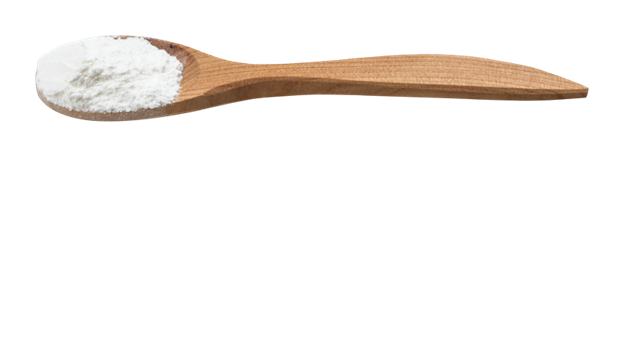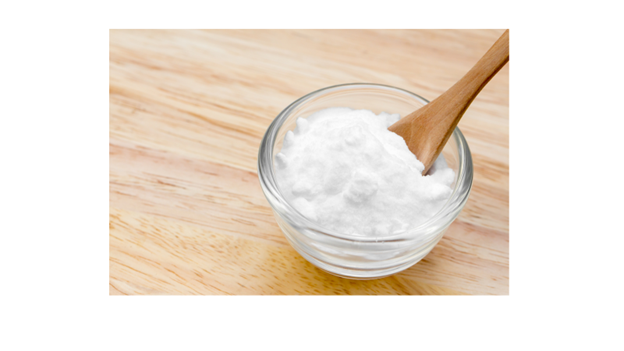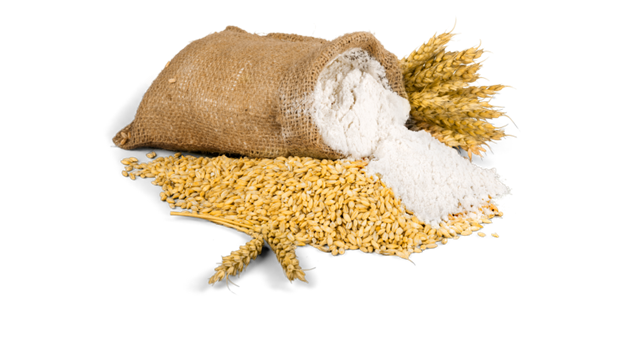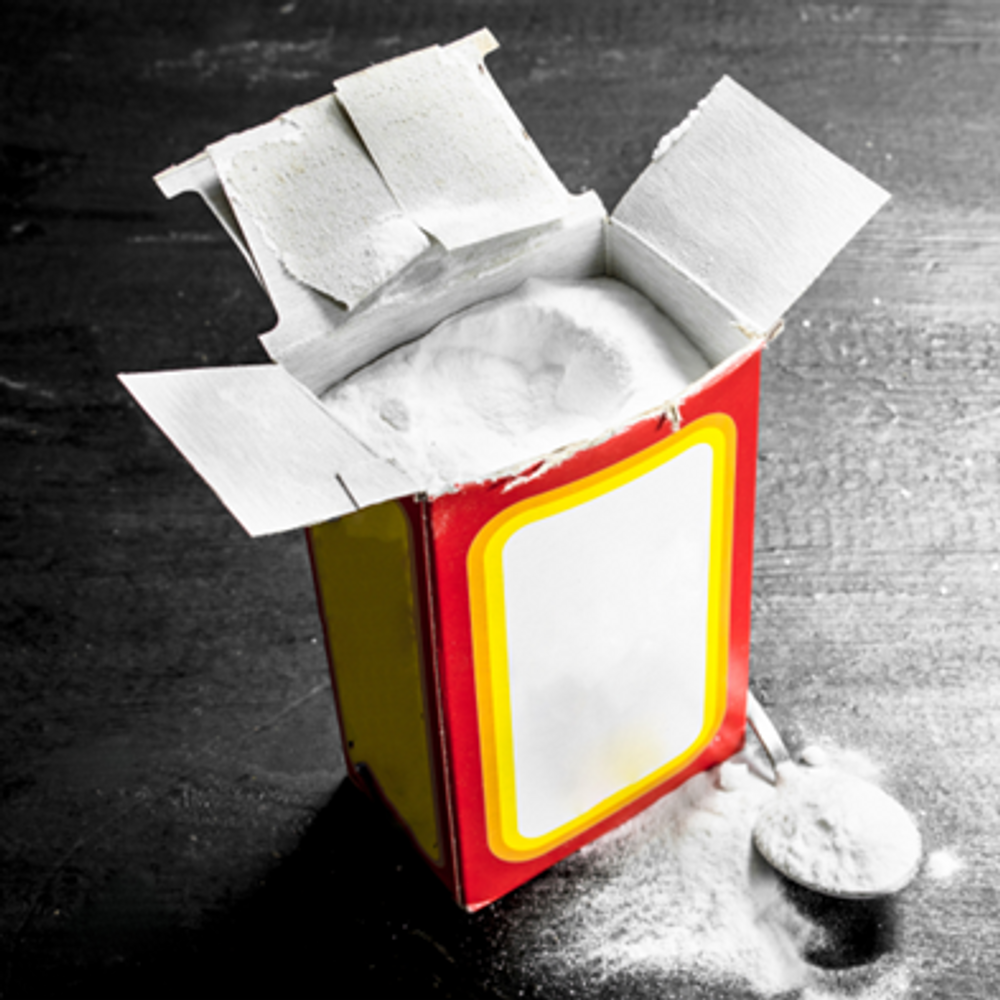Storing Self-Rising Flour / Baking Powder or Baking Soda Don’t Let Them Go Flat
Posted by Ola Griffin on Jun 14th 2024

Self-rising flour is used in baking, most commonly used to make quick breads and biscuits. No leveling agent is needed since it already contains baking powder, which helps baked goods rise. However, self-rising flour does have a limited shelf life due to the baking powder it contains. Here’s what you need to know:
- Expiration Date / Sell by Date:
- Self-rising flour typically has a shelf life of around 9-12 months.
- However, if it is exposed to heat, moisture, or air it can expire sooner than that date.
- Check the expiration date on the packaging to determine if self-rising flour has expired.
- Baking Powder Inactivity:
- The baking powder in self-rising flour becomes inactive over time (usually about two years from manufacturing).
- As a result, the flour won’t rise properly in your baked goods.
- If you use old self-rising flour, your baked goods like biscuits may not get the big fluffy height, since the baking powder may not activate.
- You can add a little bit more fresh baking powder to the mix, however that defeats the purpose of having self-rising flour to begin with.
- Storage Tips:
- Keep your self-rising flour in a cool, dry place and store it in a sealed container to maintain freshness and quality.
- Storing in cooler and darker places is best. Under 70 degrees Fahrenheit is optimal.
- I like using mason jars and vacuum sealing them. I use only desiccants and not oxygen absorbers. When using mason jars, add a muffin liner to the top of the flour. This helps keep the fine flour from interfering with the seal of the mason jar when vacuum sealing.
These tips are also applied to any pancake mix, cake mixes or other mixes with leveling agents in their ingredients. So, let’s make sure you keep them airtight, cooler, and out of direct sunlight.
TIP - You can test the effectiveness of baking powder by taking 1 teaspoon of baking powder with about ⅓ cup of hot water. Your baking powder is still good if it fizzes and foams.

Making your own baking powder if your flour doesn’t expand.
- 2-part Cream of Tartar
- 2 parts Cornstarch or Arrowroot (optional)
- 1 part Baking Soda
- Mix well. And now you have Baking Powder.
Check out the 1 Person, 1 Year - Baking Essentials Video for more insights on these crucial items.
Understanding the Significance of Oxygen-Free Packaging for Various Foods
Why is going oxygen-free so important? Oxygen Absorber - The Myth, The Legend - PackFreshUSA It is essential for long-term food storage, by removing the oxygen it helps prevent oxidation, mold, bacteria, and bugs. Yes, bugs cannot live in an oxygen free zone, so no more creepy crawlers. An oxygen absorber (OA) are small packets of iron oxide that grab onto oxygen molecules, removing it from your bags or jars and then creates an oxygen-free environment. It is a very simple science and very cost effective.
However, I do not recommend you go oxygen free for any leveling agent, like baking powder, baking soda, or yeast. Vacuum sealing does not remove 100% of the oxygen and so that is one of my favorite ways to protect the baking soda, baking powder, or self-rising flour from moisture and keep it fresh longer.
So, vacuum sealing your self-rising flour or storing them in mason jars is my preferred method. But you can also place it in Mylar and burp it and seal it (do not use an oxygen absorber).
When it comes to long-term food storage, finding the easiest ways to store is my suggestion. No need to complicate the process. Knowing that we will need to rotate these essential baking items regularly to ensure we have them when we need them.
OTHER IMPORTANT FACTS

The best way to store flour is to actually store wheat Wheat - The Bread of Life - PackFreshUSA . Storing the whole grain is best. But having quick essentials to make quick breads and biscuits is also important.
Here is a great blog on what to store for one person for 1 year on baking essentials including baking powder: What to Store For 1 Person for 1 Year - Cooking Essentials - PackFresh
Here you can learn the tricks to quickly put pasta away: Pasta Prep: How Much to Store? - PackFreshUSA
Another Fun Fact - SOURDOUGH STARTER
Did you know you can dehydrate your sourdough starter and reconstitute it for later. You can even purchase dehydrated sourdough starters (great to add to your emergency preparedness items). Or mail some dehydrated starter to a friend.
It is easy to take your sourdough starter and dehydrate it on a very low setting the good lactic acid bacteria and yeast become dormant. It is very much alive, but this can also be done by spreading your sourdough starter on parchment paper and place in your oven overnight with the light on and it will dry it out. You can then place it in the freezer for a really long time or in the fridge for months.
I highly recommend learning how to make a sourdough starter. It's a valuable skill to have just in case you ever need it.
Preparedness is not just keeping food items stored it is learning the skills to use the knowledge you have acquired. It gives a sense of peace as you continue to learn the best ways to store your food essentials like baking powder to get the most out of your items. Knowing that rotation is the best way to store these items. Did you know you don’t have to throw out the old baking soda? I wouldn't throw that out, I would use it for laundry, for cleaning, brushing teeth, and even in your garden.
Happy prepping,
Ola Griffin
Long-term Food Storage Expert
Customer Service, Safeguard Brands, Inc. dba PackFreshUSA
YouTuberPandemic Prepsters - YouTube
Instagram -Ola Dee Griffin (@Preparedness101) • Instagram Photos And Videos
Tiktok -Oladeegriffin (@Oladeegriffin) | TikTok
|
Phone:(844) 857-8277
Mobile:(951)902-4644 |

